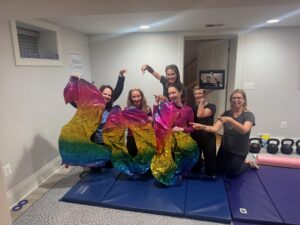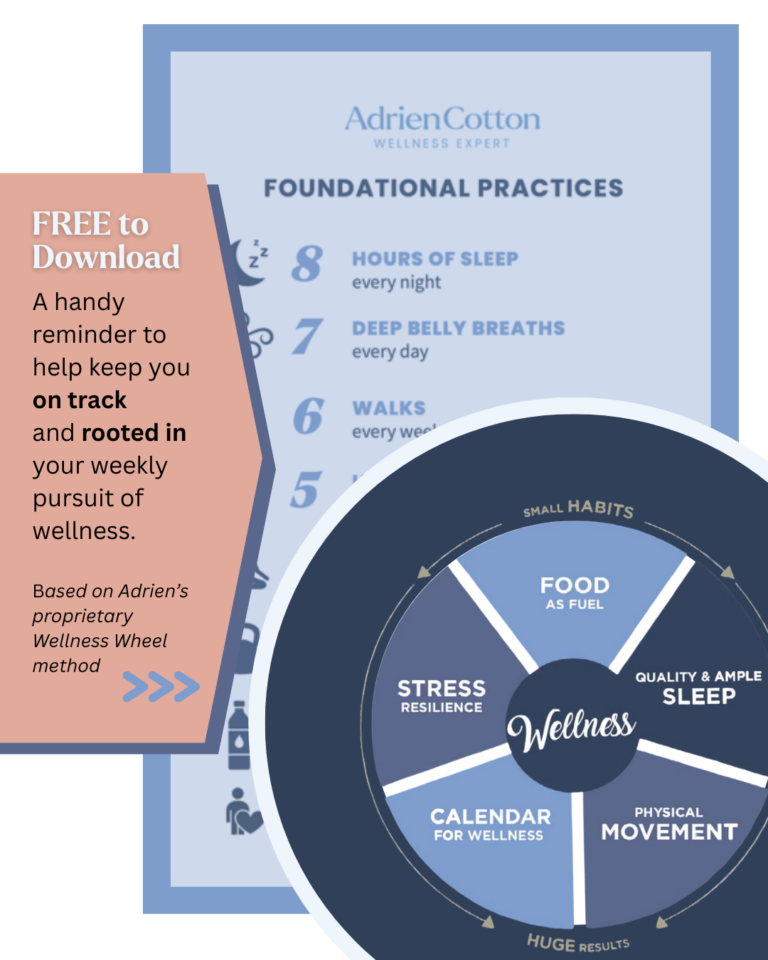Sexual pain, “dyspareunia,” and decreased libido, which when distressing, is called hypoactive sexual desire disorder (HSDD), are more common – and more dangerous to your health and relationships – than you may think.
Fifty percent of women over the age of 50 experience sexual pain.
Nearly one-third of women aged 18 to 59 suffer from a lost interest in sex.
Loss of sexual desire is the most common form of sexual dysfunction among women and of all ages.
Don’t forget to join our newsletter below to get regular tips on how to achieve that optimal wellness and get a Free 5 Minute Flow. We are growing at AW and want you to stay in the “know” about our new programs available this year.
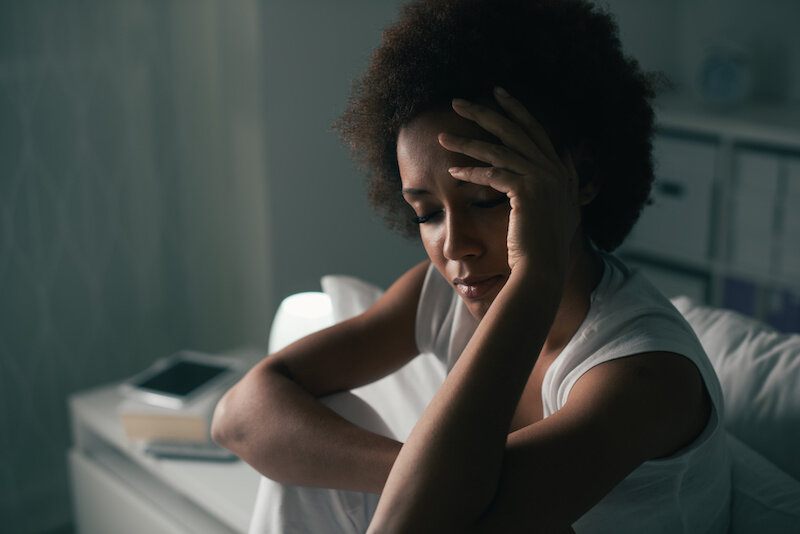
Our last two topics in our series on The Top 4 Women’s Health Issues can be the most challenging because they are intimate issues not commonly discussed with partners, friends, or even your OB/GYN.
Both symptoms are not all “in your head,” at least not in the traditional sense. They are real. They are physical and have biological underpinnings in the brain. And, there are a number of reasons you are feeling them.
According to the World Health Organization, sexual health is a “state of physical, emotional, mental, and social well-being in relation to sexuality; it is not merely the absence of disease, dysfunction, or infirmity.” Midlife sexual health is also intricately related to our overall health like heart, vascular, hormonal, and emotional health and other metrics we openly discuss. You can’t have one without the other.
Factors that can contribute to midlife sexual health are numerous and often interrelated.
Dr. Tara Allman, a student of Dr. Simon’s and a top Menopause Specialist in New York City, says to first examine your relationships, asking what issues do you need to address? Communication with your partner is one of the most important first steps toward identifying reasons behind lack of sexual desire and pain. Finding solutions, she contends, is a team effort.
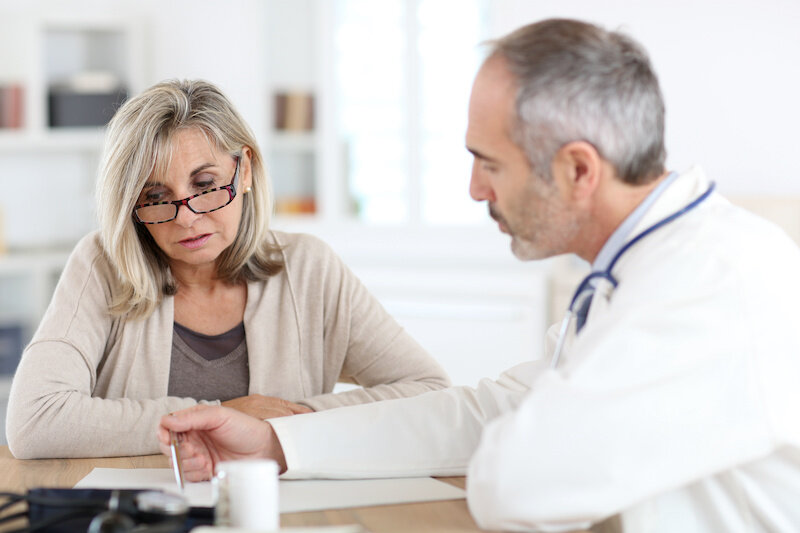
From all I’ve learned from Dr. Simon, you can be assured you are not alone.
Dr. Simon says sexual pain and loss of libido can occur at any time in a woman’s life. “Women are particularly vulnerable to the onset of sexual pain and the resultant loss of sexual interest during breast-feeding.” While breast-feeding, loss of sexual interest and painful sex can be evolutionarily advantageous. Simon says, “It would be mother nature’s way of saying: I’m breast-feeding this baby Mr. Caveman, stay away. I am tired, not interested, and sex is going to hurt me!”
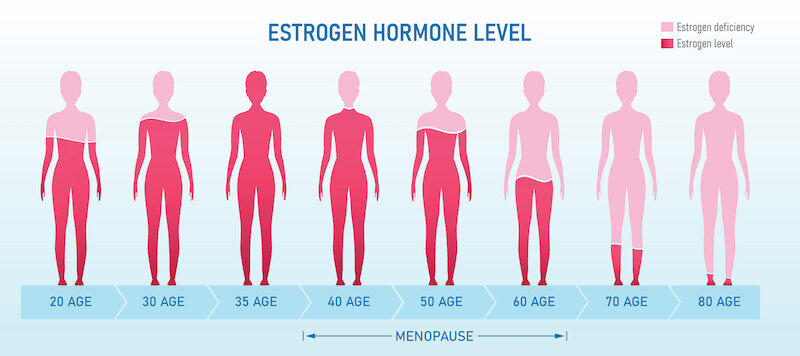
According to Dr. Simon, with his 40+ years of research, in the clinical trial and office setting, while treating tens of thousands of patients, there are a number of reasons for sexual pain in postmenopausal women. Menopausal women are hormonally very similar to that of breast-feeding women. Both have very low estrogen levels. Low estrogen levels are associated with thinning of the vulvar and vaginal tissues leading to pain, which can be excruciating during any type of contact, whether sexual or not. And with recurring pain during sexual contact, many menopausal women shy away from engaging in sexual activity altogether.
Sexual pain during peri-menopause and menopause can be the result of a number of conditions. The hormonal shifts during these phases can lead to dryness, thinning of the genital tissues, and a reduction in the ability of those tissues to stretch during sexual contact. While these tissue changes are normally delayed years beyond the hot flashes, night sweats, disturbed sleep, and the menstrual cessation we call menopause, they are progressive and nearly universal without treatment. Add to this the anxiety associated with the possibility of pain, changes in body image, and aging generally… Many women during this phase avoid sexual contact altogether, which can lead to relationship struggles, lack of confidence, and loss of one’s younger self.
Dr. Simon says that while the average age of menopause is about 50 years, women’s vaginal and vulvar symptoms occur most typically at age 55 and beyond. There are several ways to alleviate symptoms.
Contact Dr. Simon at Intimmedicine.com or a licensed Menopause Specialist to seek help. These pesky conditions can impact you physically and emotionally if left untreated.
Don’t forget to sign up for our newsletter below to learn about our upcoming programs and events and get a Free 5 Minute Flow!

